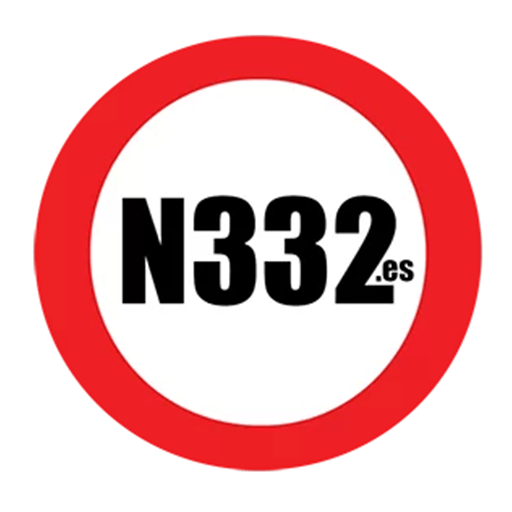Alcohol consumption is one of the main risk factors for road safety, that is why the maximum permitted limits are being reduced in Spain, and in order to ensure that the roads are safer, breathalyser tests can be carried out, in order to ensure compliance with traffic regulations and reduce traffic incidents.
Contents
Who is required to take the breathalyser test?
Traffic authorities may require drivers to take a breathalyser test in several specific situations. According to the Road Safety Act and the General Traffic Regulations, drivers who must undergo this test are:
Drivers involved in incidents
Any driver involved in a traffic accident, regardless of apparent responsibility, must be tested to determine whether they have consumed alcohol.
Drivers showing signs of intoxication
If a traffic officer observes obvious signs of intoxication, such as difficulty speaking, altered reflexes or loss of balance, he or she is authorised to request a breathalyser test.
Road users reported for traffic violations
Road users who have committed traffic violations may be subjected to the test, even if they do not show obvious signs of intoxication.
Preventive controls
Authorities can conduct random tests without requiring the driver to have committed an infraction or been involved in an accident. These preventive checks are carried out at strategic locations with the aim of discouraging alcohol consumption while driving.
Passengers
If the driver is found to be over the limit, in some cases, a passenger may continue and drive the vehicle, but they too may be requested to undergo a breathalyser test first.
Cyclists and scooter riders
ANY person in charge of any vehicle, including cyclists and scooter riders, are subject to the same terms as listed.
Pedestrians
If a pedestrian is involved in a traffic incident, they too may be subject to a breathalyser test.
Breathalyser tests
The breathalyser test measures the amount of alcohol in the exhaled air. There are different types of devices, including new proximity detectors, which can measure the alcohol level without the user having to blow, particularly useful in the event of a serious incident where the person may be incapacitated.
Administrative sanctions
If the alcohol level exceeds the permitted limits, but does not reach the criminal threshold, the driver may receive:
- Fine of up to 500 euro, increasing for repeat offenders.
- Withdrawal of 4 to 6 points from the licence.
Criminal sanctions
When the alcohol level is so high that it is considered a crime against road safety, penalties may include:
- Prison sentence of 3 to 6 months.
- Financial fines or community service from 31 to 90 days.
- Withdrawal of driving licence from 1 to 4 years.
If the driver refuses to take the test, he or she could face a prison sentence of up to one year and the loss of his or her driver’s licence for up to four years.
Discover more from N332.es - Driving In Spain
Subscribe to get the latest posts sent to your email.
